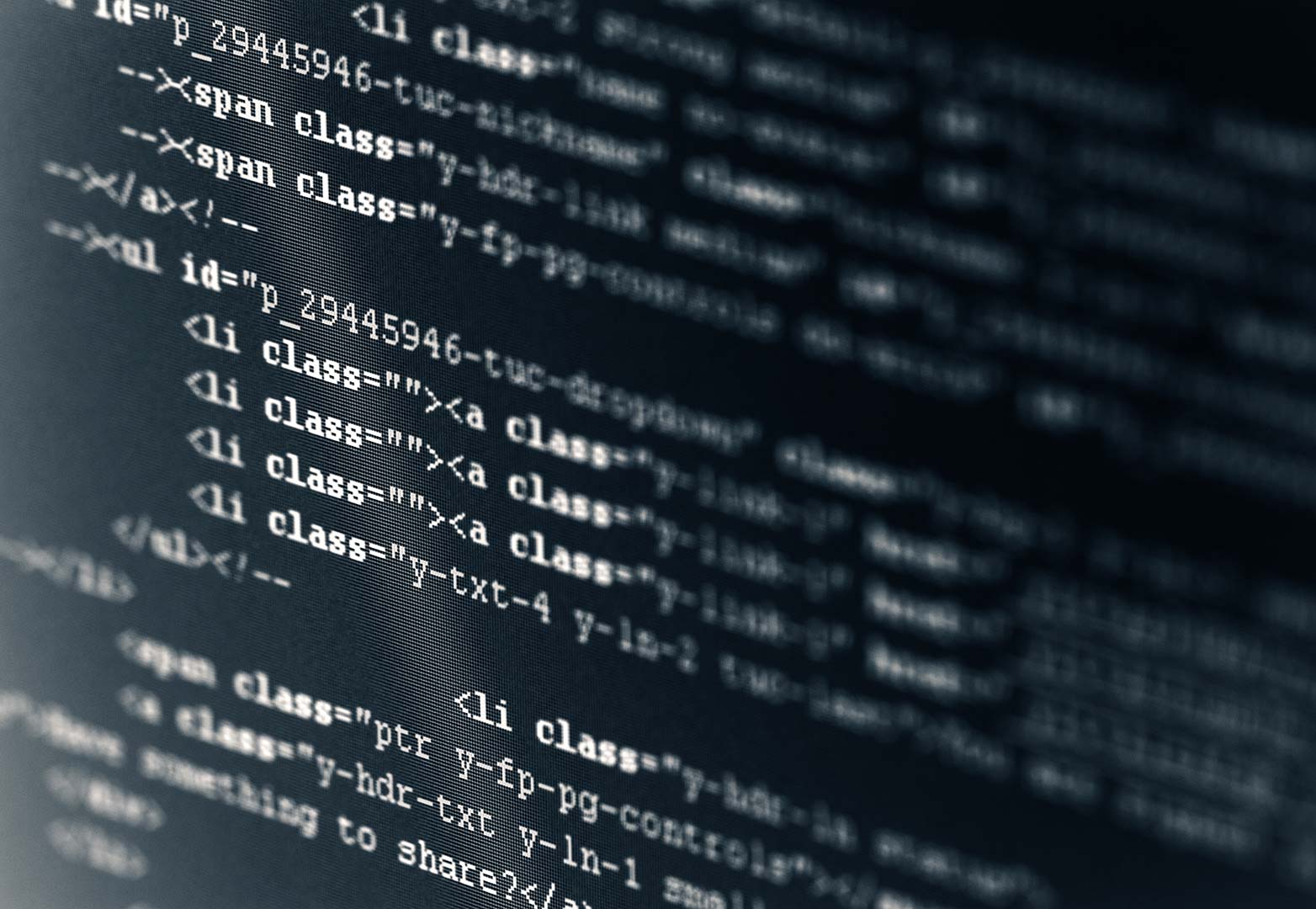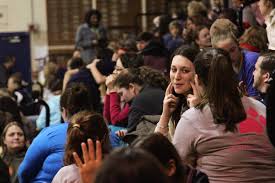Why Coding is an Important Second Language (Or Is It?)
According to the Cambridge Dictionary Online, a language is defined as “a system of communication consisting of sounds, words, and grammar, or the system of communication used by people in a particular country or type of work.” Computer coding fits this description concisely. But is that enough to consider it a good second language to learn?
It’s already happening
UK schools pioneered teaching children coding as part of its curriculum shake up of September 2014, which has seen children as young as five being taught how to code. This must have caused many a sweaty nightmare to parents up and down the land, hearing their children talk about Boolean logic instead of verb conjugation and debugging in place of superlatives. The Guardian even produced a summary for parents of what to expect at each Key Stage level. In times where parents must dedicate more and more time to helping with homework, how many do you think purchased their own ‘how to code’ guide as a reference point?
 Photo via Wikimedia / Wikimedia
Photo via Wikimedia / Wikimedia
Programmers of the future
The fact is, children seem to like coding. A recent survey by Ocado Technology found that 75% of pre-teen children would be more interested in learning how to code than they would in learning French. On top of that, a large proportion of the parents of these children would prefer their children studied Python instead of French. Which is why, according to a recent article by City AM, coding has become the most popular second language to learn in the UK’s primary schools (sorry French, you’ve been relegated to second place).
 No, not that kind of python… via flickr / Flickr
No, not that kind of python… via flickr / Flickr
Why programming?
Aside from the fact that there is a huge shortfall in programmers out there, what other benefits are there to learning how to code besides job prospects? Well, cognitively speaking, programming is good for your health. Research into the brain’s response to coding shows that the brain displays a similar pattern when coding as it does when a person is performing music, problem solving or rhyming. This means the brain is being exercised, which can only be a good thing. There is also the theory that coding can help you improve your speech - so think of all the other ways you could benefit from learning a little Javascript!
But it’s not really a language, is it?
When you think of a language, you think of speaking. You cannot verbalise coding, despite the colourful language you might produce when you mix up your lines of code. There simply is no way to ‘talk’ in code, and therefore it seems hard to recognise coding as a language. This isn’t an unfair bias towards spoken languages either. If we look at sign language, it ticks many language boxes that coding cannot. It is expressive, there are colloquialisms, dialects, variations between nations. Coding is the same the world over, and as appealing as that may sound in terms of ease in understanding, it just does not have the flexibility to perform as a regular language.
 Photo via flickr / flickr
Photo via flickr / flickr
Tools of the trade
We, as language professionals, are a little biased. We don’t apologise for that. Perhaps our view is blocked because we have not tried communicating through coding ourselves, but we view coding as a (very useful) tool, not a language. If you agree, how about this? Learning a second language is good on a number of points: socially, cognitively, in boosting your employability. So how about joining us and learning a ‘real’ language? Why not contact us and see what’s on offer for you to learn?


